【新唐人2011年7月23日訊】在7月20號北京召開的「國際經濟交流中心經濟每月談」會議上,中共當局試圖在“抑通脹”和“穩增長”之間尋找平衡點。經濟學家程曉農博士指出,中共政權錯誤的經濟政策導致通貨膨脹無法遏制,經濟惡化不可避免。
在北京的會上,中共官員聲稱有能力在年內把CPI漲幅控制在5%左右,同時開出了能使中國經濟持續增長的所謂“藥方”。
中共當局年初設定的通脹目標為4%。但自3月以來,CPI同比漲幅已經連續四個月位於5%上方,6月更是一舉破六觸及6.4%的三年高點。而央行為了控制通脹,自去年10月初以來已經五次加息,八次上調存款準備金率。
總理溫家寶最近也說,要堅持實施穩健的貨幣政策,既要把物價漲幅降下來,又不使經濟增速出現大的波動。
不過,經濟學家程曉農認為,中國在所謂的經濟增長和通貨膨脹之間尋找平衡點,是非常困難的,至少從目前來看,他們的做法沒有成功。
程曉農“從中國(共)政府和中央銀行的金融政策來看,現在中央銀行表面上似乎是在收緊銀根,同時也試圖遏制房地產泡沫的進一步膨脹,但是實際上從貨幣投放量來看,並沒有減少,相反還在以很快的速度增加。從這個角度來看,目前可以說兩個目標都做不到。”
程曉農把中共當局調控的做法比喻為“狐狸過冰”。
程曉農:“用個形象的說法它在整個調控的路上是走走停停,有點像狐狸過冰。狐狸過冰的特點是狐狸在冰上走,走一步,狐疑的四面看,到處聽,看冰會不會裂,會不會掉下去。現在的宏觀調控也是這個路、模式。動一下就不動了,這樣拖拖拉拉磨磨蹭蹭的結果就是,通貨膨脹繼續在漲,6月份又有新的很高增長率,同時房地產泡沫繼續維持在那裏。”
至於導致中國目前通貨膨脹壓力過大的原因,程曉農認為是中國的錯誤經濟政策造成的。2008年中共當局投放20多萬億的貨幣,把經濟硬給拉起來,造成基礎設施建設和房地產的大泡﹔另外,加上世界各國的各種熱錢,也就是各種投資的蜂擁而入,這兩種因素結合在一起,造成中國通貨膨脹壓力大,房地產泡沫始終下不去。
程曉農:“到了現在為止中國已經到了一種兩難的狀態了,所謂兩難就是他如果不遏制通貨膨脹,中低收入階層很快面臨吃不消的狀態﹔另一方面,由於房地產現在的遏制,地方政府的賣地收入大幅度下降。這樣的話,地方政府將面臨越來越嚴峻的困難,同時地方財政平臺10來萬億的債務,將成為很危險的定時炸彈。”
鑒於目前的情況,程曉農博士認為,中共當局採取的手段是可能會把手伸到股市上去,這樣股市會進一步被打下去,一蹶不振。
程曉農:“中國政府現在想做的事情是想把地方政府的債務轉嫁給股市上的股民,同時中國的各家銀行,因為銀根收緊,資金不足,所以也在股市上圈錢,今年各大銀行紛紛要在股市上發行金股或者發行地方債券。”
對於中國未來經濟狀況如何走勢,程曉農表示,情況惡化不可避免。他認為,受通膨壓力無路可走的中央縮緊銀根,這會使“熬日子”的房地產公司撐不住,房地產貸款當中的壞賬也會進一步增加,所以各種危機在未來很快顯現。
不過,中國未來的經濟甚至還有“雪上加霜”的可能。
程曉農博士認為,未來持續惡化的中國經濟也會導致外商撤資,因此導致中國經濟進一步惡化。
新唐人記者劉惠、宋風、王明宇採訪報導。
China』s Inflation Worsens Economy
On International Economic Exchange Center (IEEC)
monthly forum held in Beijing on July 20,
the Chinese Communist Party (CCP) walked a fine line
between curbing inflation and economic development.
Economist Cheng Xiaonong, said that
the CCP』s misleading economic policy brought China』s
unbridled inflation and further worsened the economy.
On the IEEC forum, the CCP claimed to be capable of
containing the Consumer Price Index (CPI) growth within 5%.
Also, they proposed a solution
for the continuous growth of China』s economy.
The CCP set an inflation target of 4% earlier this year.
However, since March, the CPI increase exceeded 5%
year-on-year, every month for four consecutive months.
In June, the inflation peaked to 6.4%,
the highest in three years.
The Central Bank of China (CBC) has increased interest
rates five times since October 2010 and increased
its reserve rate eight times, just to curb the inflation.
CCP』s Premier Wen Jiabao recently pledged to continue
the current stabilizing monetary policy,
in order to slow down price increases,
while keeping the economic growth smooth.
Economist Cheng Xiaonong suggests that trying to strike
a balance between economic growth and inflation control
will be hard to achieve.
At least for now, the measures they took didn』t work.
Chend: Judging from the CCP』s and it』s financial policy,
it appears that the CBC is reducing the money supply,
in an attempt to curb the real estate bubble from enlarging.
However, the money supply is not reduced, instead,
it is increasing at a very fast pace.
Thus, the CCP and the CBC failed to strike a balance
between economic growth and the inflation.
Cheng Xiaonong likened the CCP』s controlling measures
to a “fox walking on ice.”
Cheng: The CCP』s regulatory policy operates in a
stop-and-go manner, which resembles a fox walking on ice.
The fox walking on ice is cautiously looking around,
listening and worrying if the ice will break under its feet.
It is much like the current macroeconomic regulations
that are in place.
As a result, inflation is on the rise with a notable peak
in June, while the real estate bubble keeps getting bigger.
Cheng believes that China』s out-of-control inflation
stems from the CCP』s misleading economic policy.
The $3 trillion worth of government bonds issued
in 2008 did give a lift to China』s economy,
but it also created the bubbles in
construction of infrastructure and real estate.
Instead lots of foreign investments poured into China, raising
the inflation and further exasperating the real estate bubble.
Cheng: China is now in a dilemma: on one hand,
if the country』s inflation is not controlled the lower
and middle classes will not be able to survive for long;
on the other hand, regional government revenues have
sharply decreased due to the curbed real estate market.
The $1.5 trillion in regional government debt will act like
a time bomb, as the economy worsens.
Cheng believes that the CCP may take regulatory measures
in China』s stock market, which will be devastated.
Cheng: “The CCP intends to transfer the debts from
regional governments to stock market investors.
Meanwhile, due to the reduced money supply, banks
in China will start to raise money from the stock market.
Large banks will then issue so called “gold shares”
and regional bonds.
Cheng says China』s economy will likely worsen
in the near future.
He said that the CBC』s reduced money supply
would make it unbearable for real estate companies.
Bad mortgages will increase.
So, all kinds of crises will manifest soon in the future.
In addition, there are many other potential dangers
underlying China』s economy.
Cheng suggests that due to the worsening economy,
overseas investors might withdraw from China,
thus further worsening the economy.
NTD reporters Liu Hui, Song Feng and Wang Mingyu
看下一集

【禁聞】雲南驚現山寨版蘋果專賣店
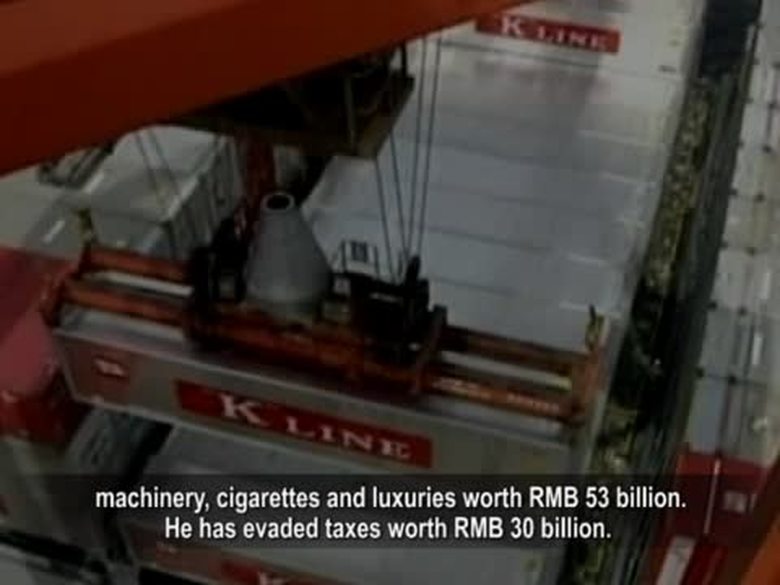
【禁聞】加遣返賴昌星 胡獲制服江派殺手鐧
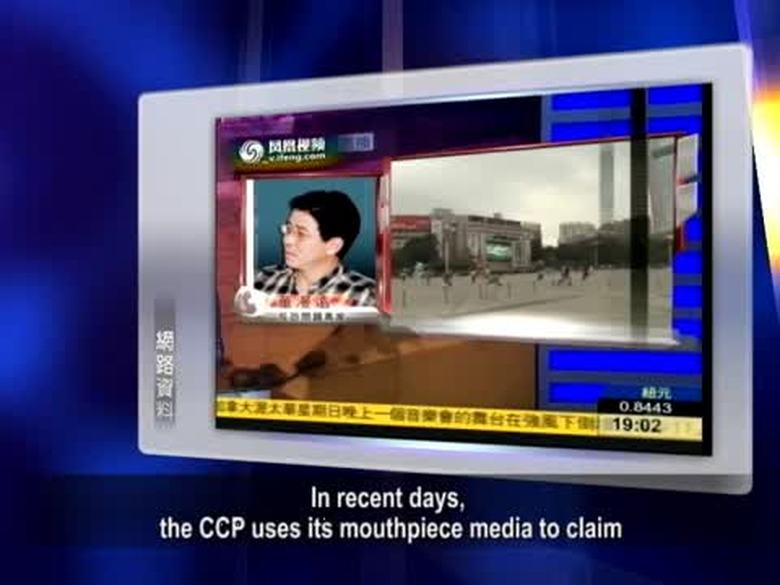
【禁聞】新疆事件禁外媒報導 國際呼籲調查
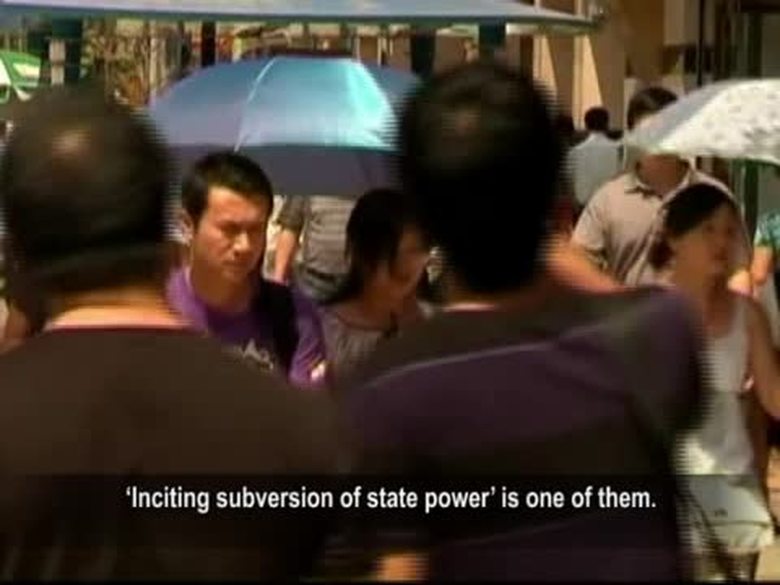
【禁聞】「煽動顛覆國家政權罪」保障誰?
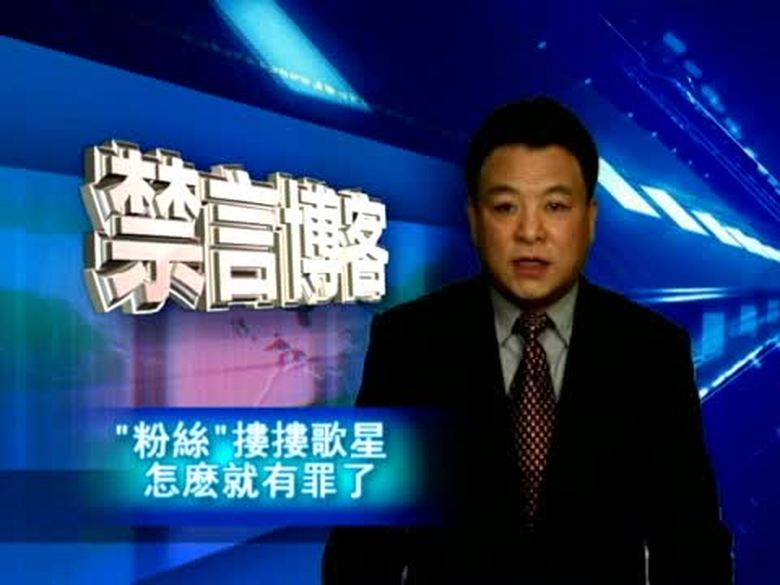
【禁言博客】炫富今年特別火

【禁聞】鮑彩霞的故事:陰霾難阻彩霞滿天

【禁聞】歐盟安全指令 中國玩具商雪上加霜
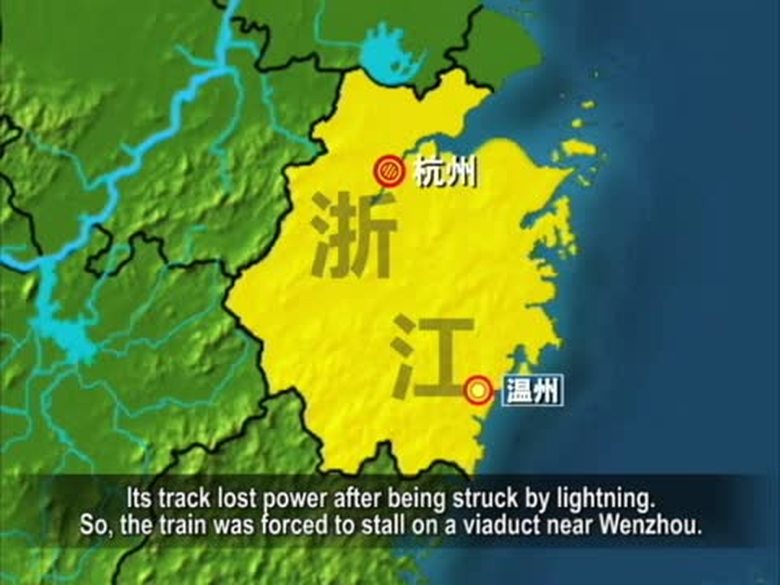
【禁聞】溫州動車事故 200多死傷 主因質疑
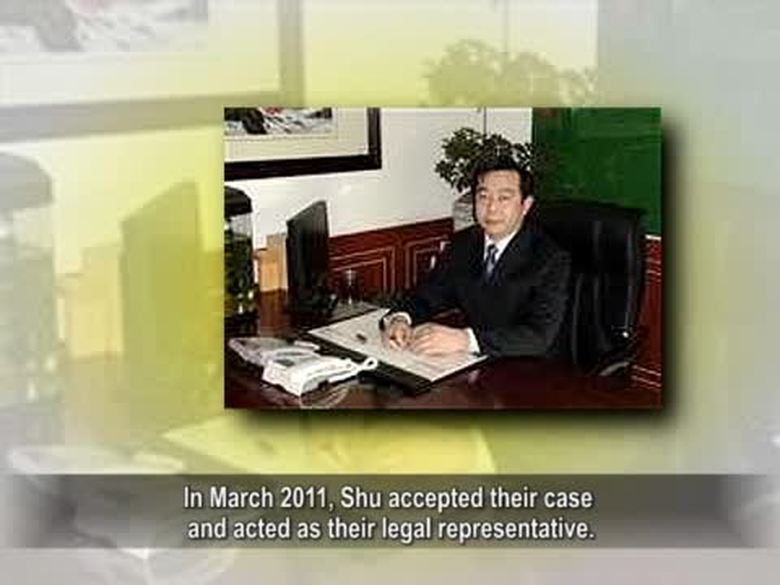
【禁聞】恐成「第二個錢雲會」律師求助
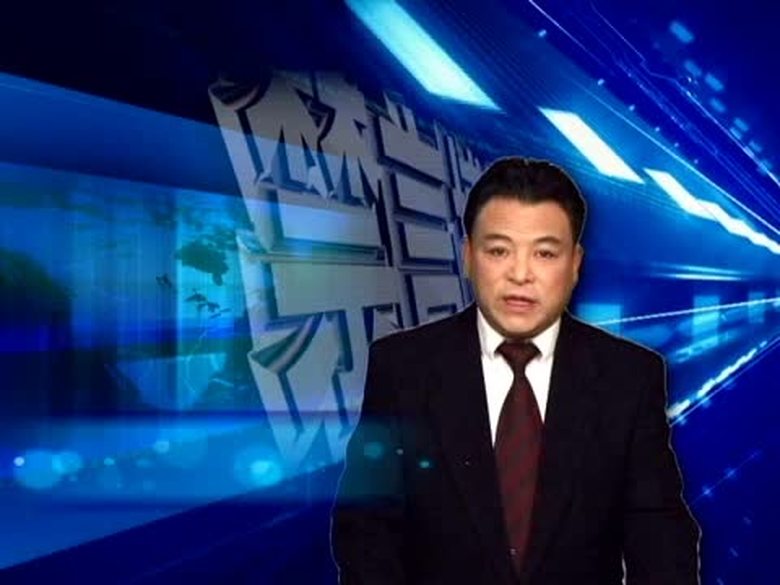
【禁言博客】趙本山移民傳聞背後的精英焦慮
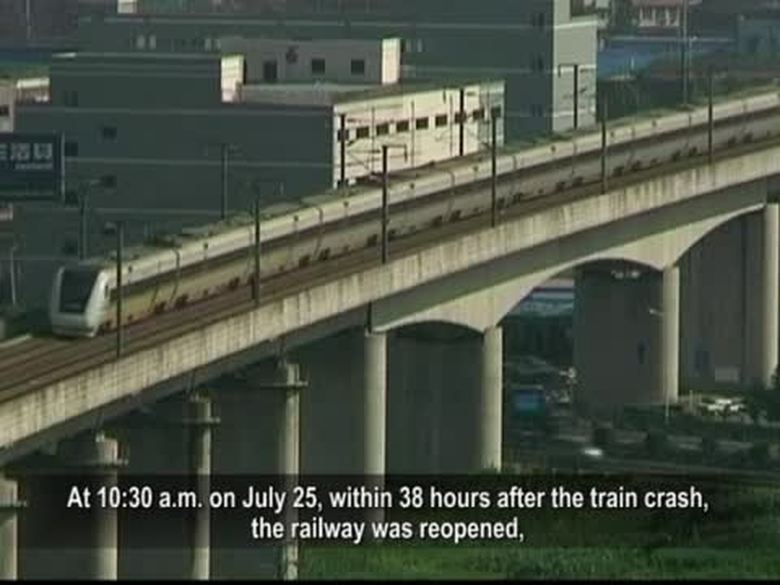
【禁聞】民間十問溫州動車追尾
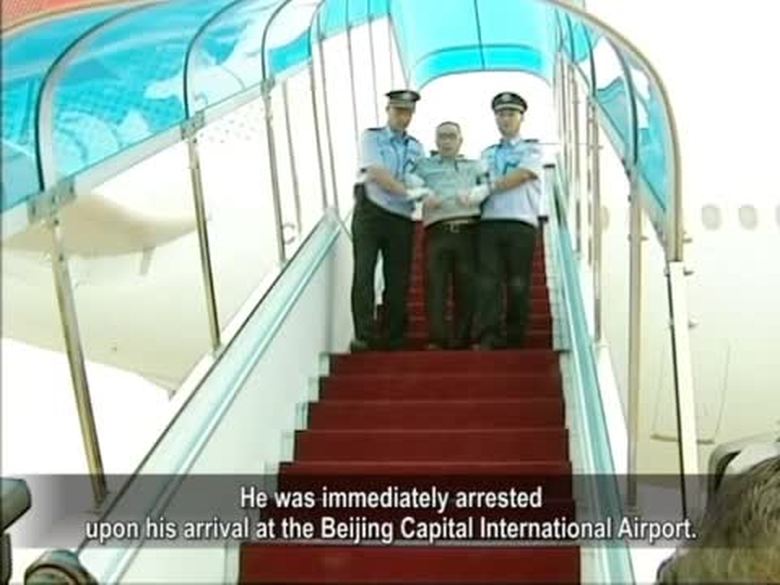
【禁聞】賴昌星案 中共低調 民間褒貶不一
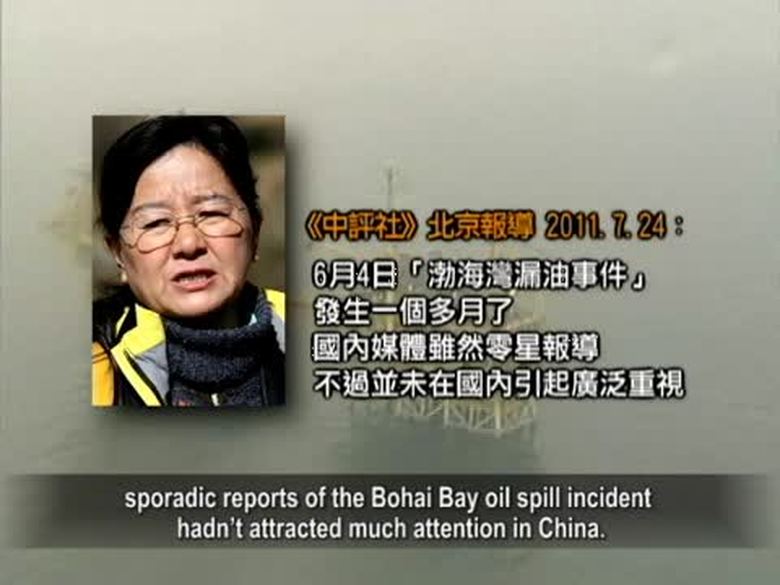
【禁聞】相同漏油事件 中美處理大不同
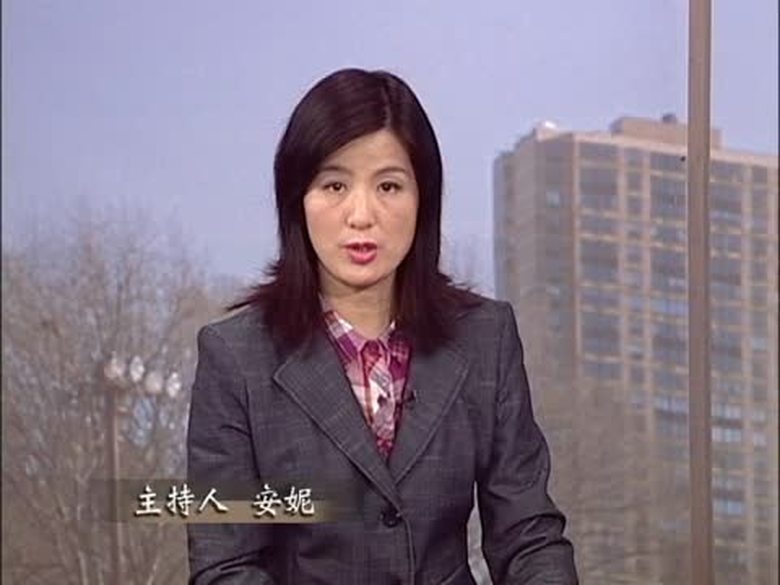
【禁聞論壇】三尺頭上有神靈嗎?
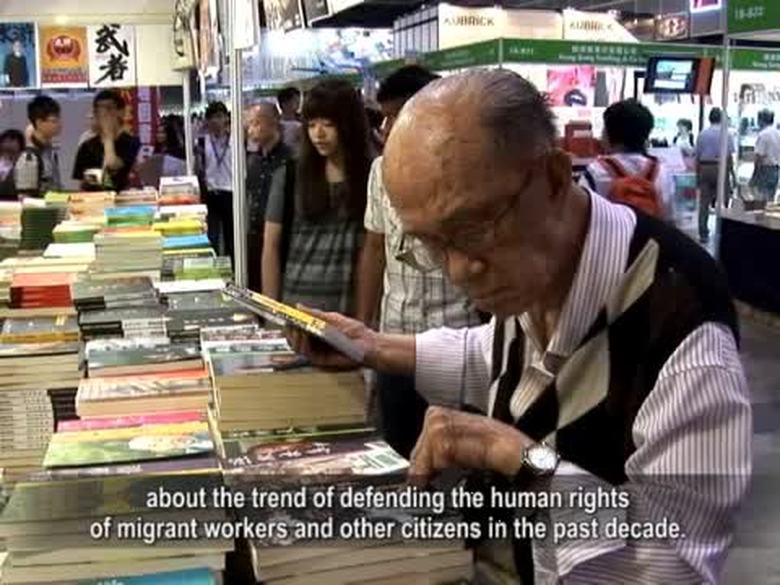
【禁聞】學者:仇官仇富中國基本社會心態
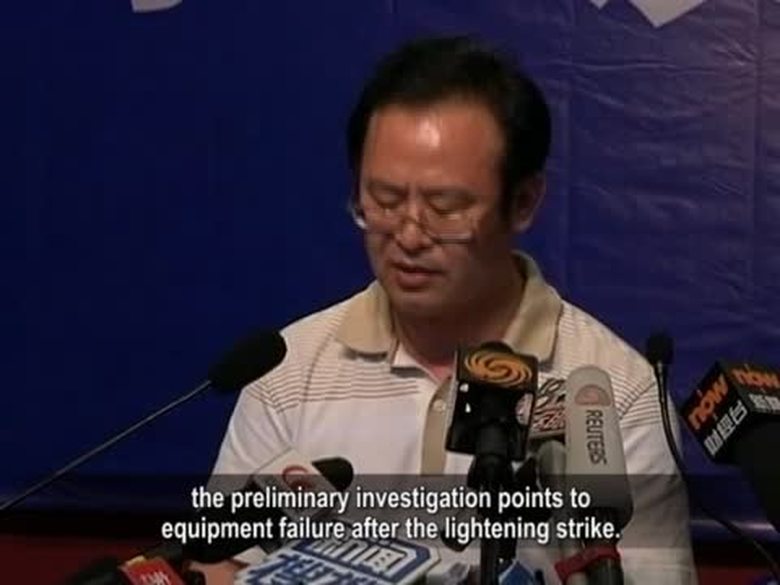
【禁聞】動車事故 中日處理方式大不同








